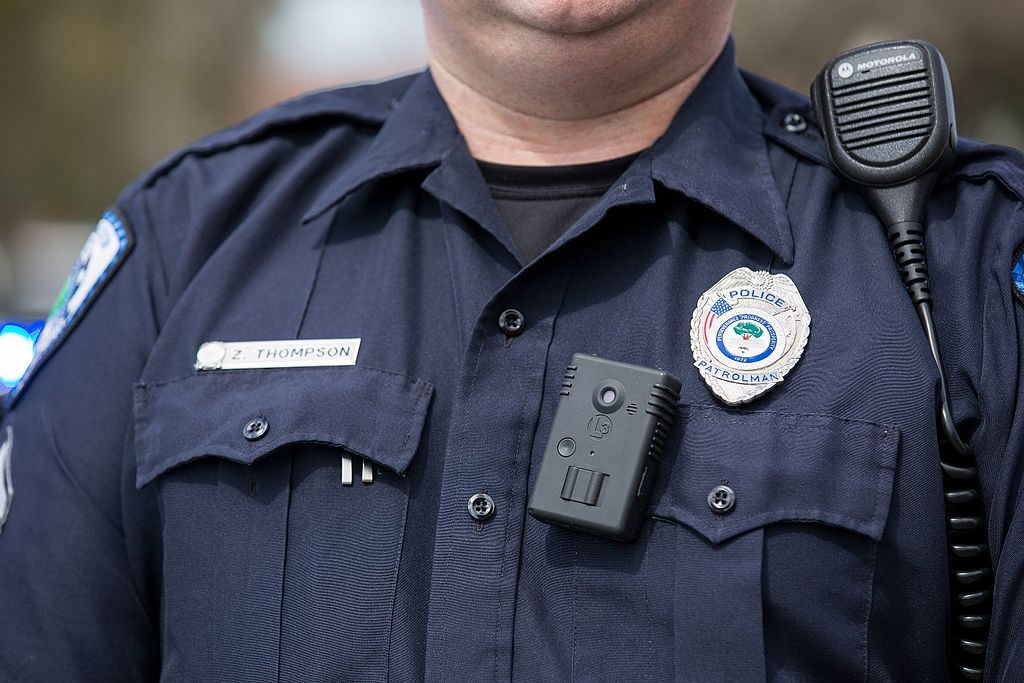
Police use of body-worn cameras is growing rapidly in the United States. New research that looked at 70 studies of body-worn cameras concludes that while officers and citizens generally support using the cameras, the devices may not have had significant or consistent effects on most measures of behavior by officers or citizens, or on citizens’ views of the police.
The study, by researchers at George Mason University’s (GMU) Center for Evidence-Based Crime Policy, appears in Criminology & Public Policy.
“Expectations and concerns surrounding body-worn cameras among police leaders and citizens have not yet been realized by and large in the ways anticipated by each,” according to Cynthia Lum, professor of criminology, law, and society at GMU, who led the study. “It’s likely that body-worn cameras alone will not be an easy panacea for improving police performance, accountability, and relationships with citizens.”
Researchers examined 70 empirical studies of body-worn cameras published in the United States and globally through June 2018. The studies addressed the impact of body-worn cameras on officers’ behavior and on officers’ attitudes toward body-worn cameras, as well as the impact of the devices on citizens’ behavior, and citizens’ and communities’ attitudes toward body-worn cameras. The studies also considered the impact of body-worn cameras on criminal investigations and on law enforcement organizations.
The researchers found that in general, officers seem supportive of body-worn cameras, especially as they gain more experience with them. However, the devices have not produced dramatic changes in police behavior, the study concludes. Other findings from the study:
- Body-worn cameras seem to reduce complaints against officers, but it is unclear whether and to what degree these changes reflect citizens’ reporting behaviors or improvements in officers’ behavior or their interactions with citizens. It is also unclear if the devices improve citizens’ satisfaction with police encounters, as might be expected if the cameras affected police behavior substantially.
- Wearing body-worn cameras has not led to de-policing, also known as a “Ferguson effect” in which officers pull back from being productive in their duties. Cameras do not seem to discourage police contacts or officer-initiated activities, and arrests seem as likely to increase or decrease with use of the devices.
- Citizens are also generally supportive of police using body-worn cameras, but it’s unclear that their use improves citizens’ views of police, their behaviors toward police officers, or their relationships with police.
“To maximize the positive impacts of body-worn cameras, we suggest more attention to the ways and contexts–organizational and community–in which the devices are most beneficial or harmful,” notes Christopher S. Koper, associate professor of criminology, law, and society at GMU, who coauthored the study. “Attention should also be paid to how the cameras can be used in police training, management, and internal investigations to improve police performance, accountability, and legitimacy in the community.”


